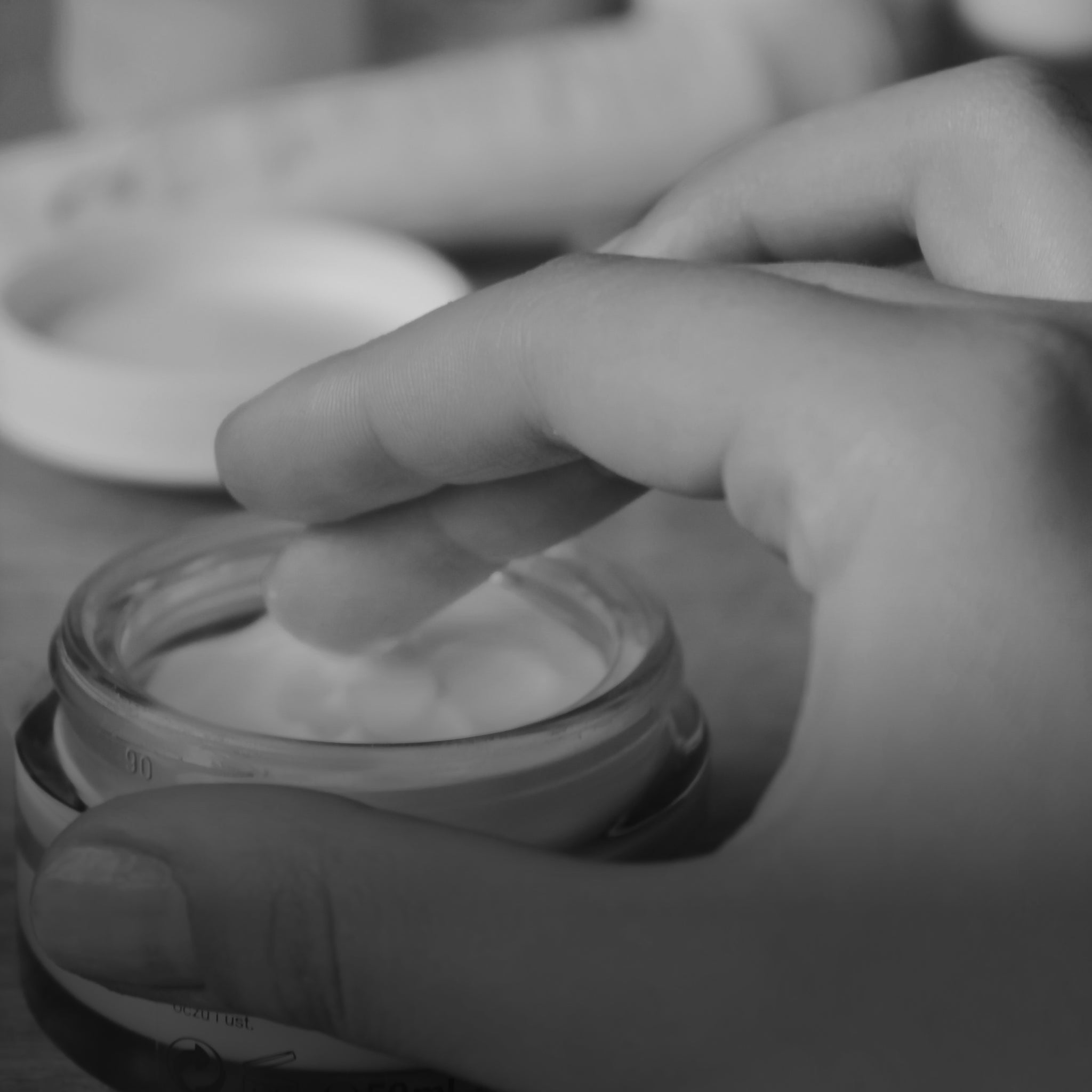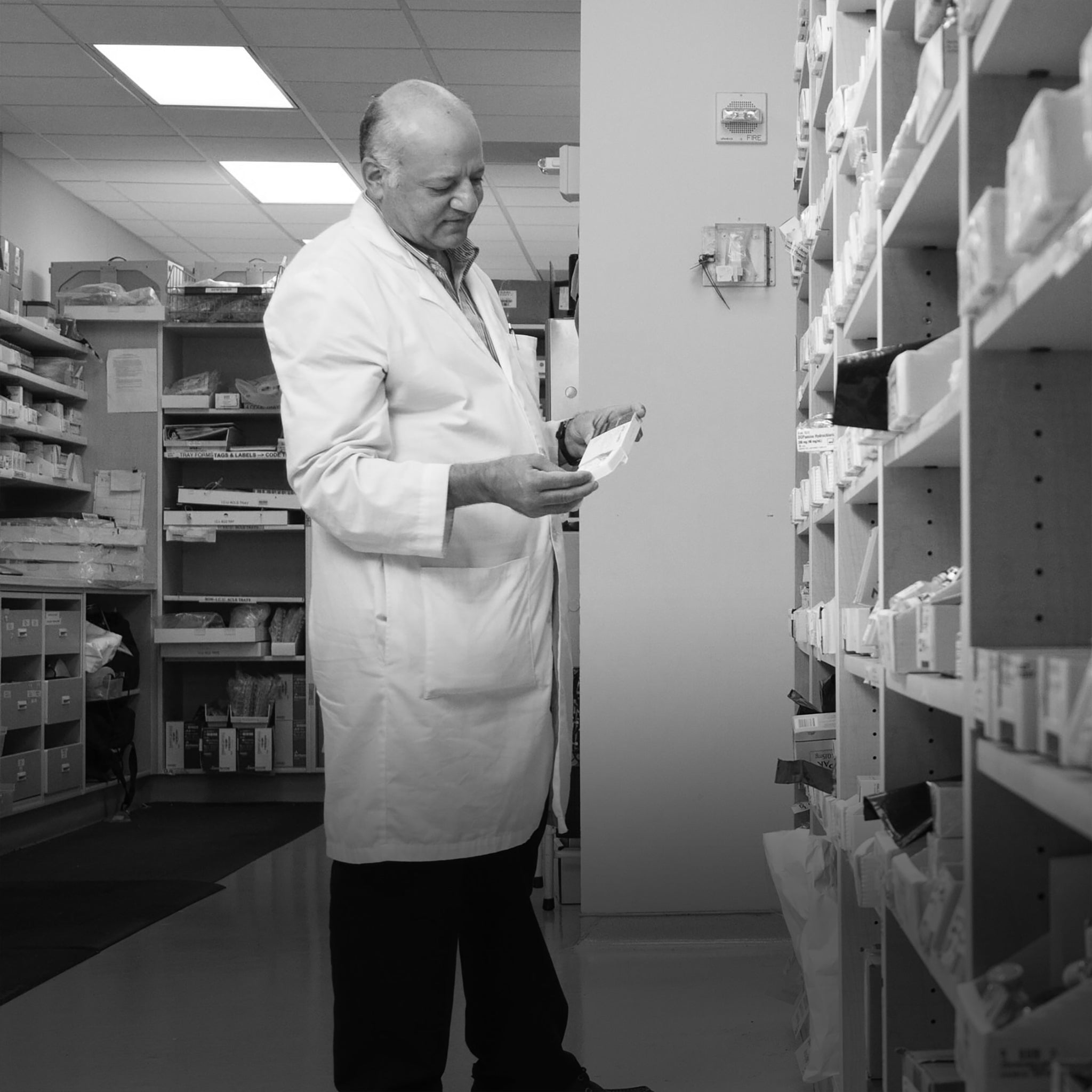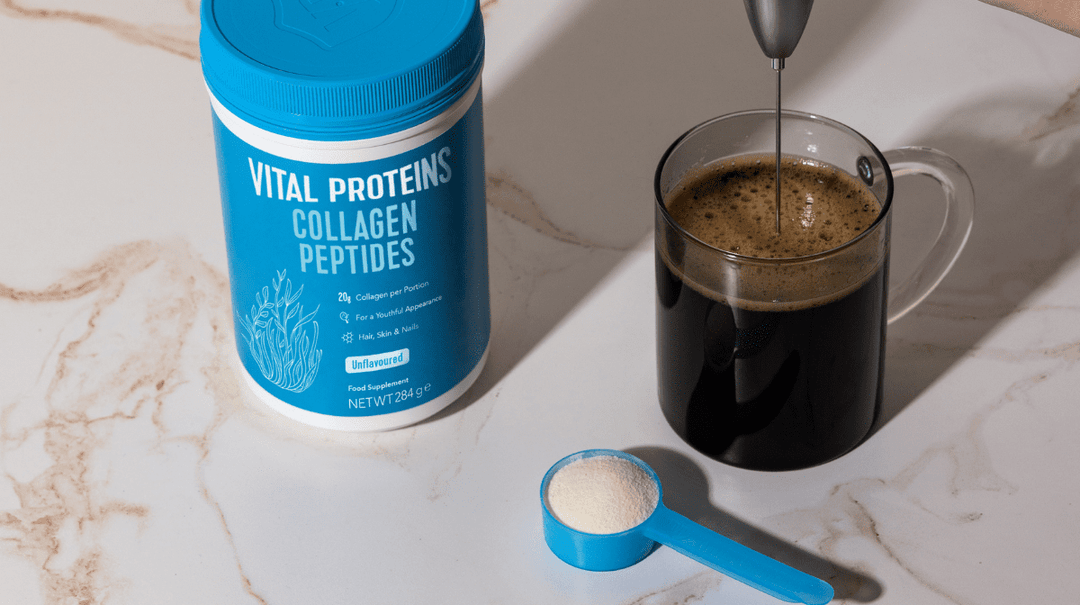The Best Redness Relief Products for Soothing Sensitive Skin
If you have sensitive skin, redness can often feel like an everyday battle. Whether it’s due to irritation, rosacea, environmental factors, or reactions to skincare, calming that flushy, irritated look and the appearance of redness is a top priority.
Redness relief products not only reduce redness but also calms irritated or inflamed skin, especially for those with sensitive or rosacea-prone skin.
Luckily, many skincare products are specially formulated to reduce redness and provide anti redness benefit , soothe inflammation, and strengthen your skin barrier. Here’s a breakdown of some of the best redness relief products available — tried, tested, and loved by sensitive skin warriors everywhere.
Why Does Sensitive Skin Get Red?
Redness occurs when blood vessels near the skin’s surface become inflamed or dilated. Redness is often the first sign of a skin condition like rosacea, serving as an observable indicator that helps in identifying the issue. Common redness triggers include:
-
Harsh skincare ingredients (alcohol, fragrances, exfoliants)
-
Environmental aggressors (wind, sun, pollution)
-
Skin conditions like rosacea or eczema, and may present with signs such as persistent redness, flushing, or visible blood vessels.
-
Allergic reactions or irritation

Introduction to Redness Prone Skin
-
Redness prone skin requires gentle, fragrance-free skincare to soothe and reduce facial redness and flare ups.
-
Sensitive skin and rosacea-prone skin often experience skin redness, irritation, and inflammation.
-
Understanding skin types and conditions, such as eczema and rosacea, is crucial for managing redness.
-
Skincare products with azelaic acid, hyaluronic acid, and thermal spring water can help calm redness and treat rosacea symptoms.
-
A dermatologist-recommended skincare routine can help reduce facial redness and soothe irritated skin.
Understanding Skin Barrier Function
-
The skin barrier plays a crucial role in maintaining healthy, balanced skin and preventing irritation.
-
A compromised skin barrier can lead to increased sensitivity, redness, and flare ups.
-
Barrier-repairing ingredients, such as ceramides and hyaluronic acid, can help strengthen the skin barrier and reduce inflammation. Strengthening the skin barrier is essential for reducing sensitivity, calming redness, and preventing future flare ups.
-
Gentle, non-foaming cleansers and moisturizers can help support the skin barrier and soothe sensitive skin.
-
Avoiding harsh products and exfoliants can help prevent damage to the skin barrier and reduce redness.
Causes of Skin Issues
-
Redness and irritation can be caused by various factors, including spicy foods, temperature changes, and sun damage.
-
Rosacea symptoms, such as flushing and visible blood vessels, can be triggered by extreme temperatures and environmental stress.
-
Skin conditions, such as eczema and rosacea, can increase sensitivity and lead to redness and inflammation.
-
Identifying and avoiding potential irritants, such as chemical sunscreens and physical exfoliants, can help reduce redness and soothe sensitive skin.
-
Managing stress and maintaining a consistent skincare routine can help reduce inflammation and calm redness.
Skincare Ingredients for Redness Relief
-
Azelaic acid is a clinically proven ingredient for reducing redness and treating rosacea symptoms.
-
Hyaluronic acid provides long-lasting hydration and helps soothe irritated skin.
-
Thermal spring water has anti-inflammatory properties and can help calm redness and reduce facial redness.
-
Aloe vera and vitamin E are soothing ingredients that can help reduce inflammation and promote skin comfort.
-
Mineral sunscreen is a gentle, non-irritating option for protecting sensitive skin from UV rays.
Benefits of Fragrance Free Skincare Products
-
Fragrance-free skincare products are less likely to irritate sensitive skin and cause redness.
-
Fragrances can be potential irritants and exacerbate rosacea symptoms and skin conditions.
-
Gentle, fragrance-free cleansers and moisturizers can help soothe and calm sensitive skin. It is important to choose a gentle, hydrating cleanser that is non-foaming and fragrance-free to avoid stripping the skin of natural oils, especially for those with sensitive or rosacea-prone skin.
-
Fragrance-free products are suitable for all skin types, including reactive skin and skin prone to eczema.
-
Using fragrance-free skincare products can help reduce the appearance of redness and promote a calmer complexion.
Building a Skincare Routine
-
A consistent skincare routine can help manage redness and reduce inflammation.
-
Gentle, non-foaming cleansers and moisturizers should be used to support the skin barrier and soothe sensitive skin.
-
Targeted treatments, such as serums and spot treatments, can help address specific skin concerns, such as rosacea and acne.
-
Sunscreen should be applied daily to protect sensitive skin from UV rays and prevent sun damage.
-
A skincare routine should be tailored to individual skin types and concerns to ensure effective management of redness.
Skincare Products for Redness Relief
-
Skincare products containing azelaic acid, hyaluronic acid, and thermal spring water can help calm redness and reduce facial redness.
-
Gentle, non-foaming cleansers and moisturizers are suitable for sensitive skin and can help soothe irritation.
-
Mineral sunscreen is a gentle, non-irritating option for protecting sensitive skin from UV rays.
-
Soothing serums and spot treatments can help address specific skin concerns, such as rosacea and acne.
-
Deeply hydrating masks and treatments can help provide long-lasting hydration and calm sensitive skin. The texture of redness relief products—whether gel, cream, or water-like—can influence their effectiveness and comfort, making it important to choose a texture that best suits sensitive or rosacea-prone skin.
Product Reviews and Recommendations
-
Product reviews and recommendations from dermatologists and skincare experts can help individuals find effective skincare products for redness relief.
-
Clinically proven ingredients, such as azelaic acid and hyaluronic acid, are often recommended for reducing redness and treating rosacea symptoms.
-
Gentle, fragrance-free skincare products are suitable for sensitive skin and can help soothe irritation.
-
Skincare products should be chosen based on individual skin types and concerns to ensure effective management of redness.
-
Reading product reviews and doing research can help individuals make informed decisions about their skincare routine.
Personalized Skincare Advice
When it comes to managing sensitive skin and reducing the appearance of redness, a personalized skincare routine can make all the difference. If you have redness prone skin or are looking to treat rosacea and soothe irritation, tailoring your approach to your unique needs is key to achieving a calmer, more balanced complexion.
Here’s how to create a skincare routine that supports your skin barrier and helps calm redness:
-
Identify Your Skin TypeStart by understanding whether your skin is dry, oily, combination, or somewhere in between. This will help you select skincare products that are suitable for your skin type and less likely to cause irritation. For redness prone skin, always look for products labeled as “fragrance free” and “hypoallergenic” to minimize the risk of flare ups.
-
Assess Your Skin ConcernsPinpoint the specific issues you’re facing—whether it’s facial redness, rosacea symptoms, dryness, or frequent irritation. This will help you choose targeted treatments, such as serums with azelaic acid for rosacea or hyaluronic acid for deep hydration.
-
Choose Gentle, Soothing ProductsOpt for gentle cleansers and soothing serums that contain barrier-repairing ingredients like azelaic acid, hyaluronic acid, or aloe vera. These ingredients are clinically proven to calm redness, soothe skin, and strengthen the skin barrier. Avoid harsh physical exfoliants, chemical sunscreens, and other potential irritants that can trigger flare ups or worsen skin redness.
-
Develop a Consistent Skincare RoutineConsistency is crucial for managing redness and supporting your skin’s health. Cleanse your skin gently every morning and evening, follow with a soothing serum, and apply a deeply hydrating, fragrance free moisturizer. This routine helps restore comfort and balance, keeping your skin feeling calmer and more resilient.
-
Protect Your Skin from Environmental TriggersShield your skin from sun damage and extreme temperatures by using a mineral sunscreen with a high SPF every day. Try to avoid spicy foods, sudden temperature changes, and other potential irritants that can lead to flare ups and increased redness.
-
Monitor and Adjust as NeededPay attention to how your skin responds to new products and treatments. If you notice increased irritation or redness, adjust your routine accordingly. For persistent or severe symptoms, consult a dermatologist for personalized advice and recommendations.
By following these steps and choosing fragrance free, clinically proven skincare products, you can reduce the appearance of redness, soothe irritated skin, and strengthen your skin barrier. Remember, finding the right balance may take time, but with patience and a gentle approach, you can achieve a calmer, healthier complexion—even if your skin is prone to redness or rosacea.
Skincare Product Ingredients to Avoid
-
Chemical sunscreens can be irritating and exacerbate rosacea symptoms and skin conditions.
-
Physical exfoliants can damage the skin barrier and increase sensitivity.
-
Fragrances can be potential irritants and cause redness and inflammation.
-
Harsh ingredients, such as vitamin C and glycolic acid, can be too intense for sensitive skin and cause irritation.
-
Avoiding these ingredients can help reduce the risk of irritation and promote a calmer complexion.
Skincare Routine Maintenance
-
Consistency is key when it comes to maintaining a skincare routine and managing redness.
-
Regularly cleansing and moisturizing can help support the skin barrier and soothe sensitive skin.
-
Using sunscreen daily can help protect sensitive skin from UV rays and prevent sun damage.
-
Exfoliating gently and infrequently can help remove dead skin cells and promote skin health.
-
Adjusting a skincare routine seasonally can help ensure it remains effective and addresses changing skin concerns.
Common Causes of Skin Redness
-
Irritation: From harsh skincare products, over-exfoliation, or friction
-
Inflammation: Due to skin conditions like rosacea, eczema, or dermatitis
-
Sun exposure: UV rays cause redness and sunburn
-
Allergic reactions: To ingredients, fabrics, or environmental allergens
-
Heat or cold: Extreme temperatures can dilate blood vessels
How to Soothe Red Skin
-
Use gentle, fragrance-free cleansers and moisturizers
-
Look for calming ingredients like niacinamide, aloe vera, chamomile, and centella asiatica
-
Avoid hot water and harsh scrubs
-
Apply cool compresses if skin feels warm or inflamed
-
Protect your skin daily with broad-spectrum sunscreen
Top Ways to Calm Redness
1. Use Gentle Skincare Products
Choose cleansers and moisturizers labeled for sensitive skin. Avoid fragrances, alcohol, and harsh exfoliants that can worsen irritation.
2. Look for Soothing Ingredients
Key calming ingredients include:
-
Niacinamide: Reduces inflammation and redness
-
Aloe Vera: Cools and hydrates skin
-
Centella Asiatica (Cica): Promotes healing and soothes irritation
-
Allantoin: Helps calm and repair skin
-
Chamomile: Anti-inflammatory and calming
3. Apply a Cold Compress
Gently pressing a cool, damp cloth on red areas can reduce blood flow and calm inflammation.
4. Avoid Hot Water and Heat
Hot water can dilate blood vessels and worsen redness. Use lukewarm water and avoid saunas or hot showers.
5. Protect Your Skin from Sun
Sun exposure can aggravate redness. Always use a broad-spectrum sunscreen with SPF 30 or higher.
Understanding Irritated Skin: Causes, Relief, and Prevention Tips
Irritated skin feels itchy, red, dry, or inflamed. It can appear suddenly or develop over time, leading to flare ups and is often uncomfortable or even painful.
Common Causes of Skin Irritation
-
Harsh skincare ingredients: Alcohol, fragrances, acids, or preservatives
-
Environmental factors: Sun, wind, pollution, or extreme temperatures
-
Allergic reactions: To skincare, fabrics, detergents, or allergens
-
Over-exfoliation: Using too many scrubs or chemical exfoliants
-
Skin conditions: Eczema, dermatitis, psoriasis, or rosacea
-
Physical irritants: Tight clothing, rough fabrics, or scratching
What Does Azelaic Acid Do?
-
Reduces inflammation and redness — great for sensitive and rosacea-prone skin
-
Fights acne-causing bacteria to clear breakouts
-
Helps fade dark spots and uneven skin tone by inhibiting melanin production
-
Exfoliates gently to promote smoother skin without irritation
-
Regulates skin cell turnover to prevent clogged pores
Benefits of Azelaic Acid
-
Suitable for sensitive skin and can be used daily
-
Helps with rosacea symptoms like redness and bumps
-
Improves post-inflammatory hyperpigmentation (dark marks after acne)
-
Available in various forms: creams, gels, foams, and serums
-
Often prescribed by dermatologists, but also available in over-the-counter formulas (typically 10-15%)
How to Use Azelaic Acid
-
Start slowly — apply once daily or every other day to avoid irritation
-
Use on clean, dry skin after cleansing
-
Follow with moisturizer to keep skin hydrated
-
Always apply sunscreen daily — azelaic acid can make skin more sensitive to the sun
-
Avoid using at the same time as strong exfoliants or other acids initially to prevent irritation
Final Thoughts
Sensitive skin doesn’t have to mean constant redness. With the right products — packed with soothing, anti-inflammatory ingredients — you can calm your complexion and boost your skin’s resilience. Redness relief products can help treat redness by soothing irritation and supporting the skin barrier, even if they do not cure the underlying condition.
FAQs
1. What causes redness in sensitive skin?
Redness is usually caused by inflammation or irritation from triggers like harsh skincare ingredients, environmental factors (sun, wind, pollution), allergies, or skin conditions such as rosacea or eczema, particularly in redness prone skin .
2. How can I reduce redness quickly?
Using calming ingredients like niacinamide, centella asiatica, or aloe vera can help soothe skin irritation. Applying a cold compress and avoiding hot water or harsh products also helps reduce redness quickly.
3. Are redness relief products safe for all skin types?
Most redness relief products are formulated for sensitive skin and should be safe for all skin types. However, always patch test new products to check for any adverse reactions.
4. Can redness relief products prevent future redness?
Yes! Products that strengthen the skin barrier and reduce inflammation can help make your skin more resilient, leading to fewer flare ups and reduce the frequency and intensity of redness episodes.
5. When should I see a dermatologist about redness?
If redness is persistent, worsening, painful, or accompanied by bumps, swelling, or irritation that doesn’t improve with over-the-counter products, it’s time to consult a dermatologist for diagnosis and treatment.

















